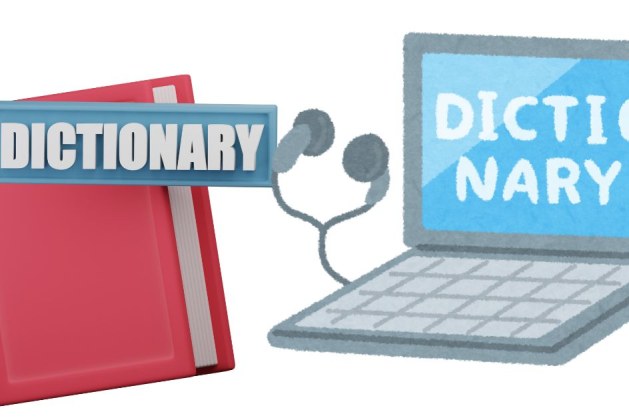There is a fun riddle that asks: What is the only word in the dictionary that does not contain any of the vowels A, E, I, O, or U?
The answer to this riddle is quite simple, yet intriguing. The word is “rhythm”.
Understanding the Riddle
In the English language, vowels are typically considered to be the letters A, E, I, O, U (and sometimes Y, when it functions as a vowel). These vowels are crucial in the formation of most words, and they appear in nearly every word in the dictionary. However, “rhythm” is unique in that it does not contain any of these standard vowels.
“Rhythm” is a noun that refers to a strong, regular, repeated pattern of movement or sound, often used in music, poetry, and dance. The fact that it doesn’t contain the typical vowels makes it a rare exception and an interesting linguistic phenomenon.
Why Does “Rhythm” Stand Out?
“Rhythm” stands out because, while it is common for some words to lack one or more vowels, it is the only word in standard English dictionaries that completely lacks the five primary vowels (A, E, I, O, U).
What’s more fascinating is that the letter Y often takes on the role of a vowel in words like “rhythm,” acting as a stand-in for the missing vowels. In this word, “Y” serves as a consonant in the first syllable and a vowel in the second, helping form the structure of the word.
Examples of Words Without Traditional Vowels
While “rhythm” is the most famous example, there are other words in English that lack the traditional vowels. However, these words often use Y or may be borrowed from other languages:
- Crypt: A word referring to an underground room or vault, often for burials.
- Myth: A traditional story, typically involving gods or heroes.
- Gyms: A place for physical exercise.
- Lynx: A wild cat species.
- Tryst: A secret meeting, typically between lovers.
In each of these examples, Y plays the role of the vowel, which allows the words to function without the traditional vowels.
The Importance of Vowels in Language
Vowels are essential in almost every language, including English, because they help form syllables and are critical in pronunciation. In English, the absence of vowels is uncommon and occurs primarily in shorter words or borrowed terms, often requiring Y to fill in as a “sometimes vowel.” The word “rhythm” is unique because it has managed to function without any traditional vowels while maintaining a fluid and recognizable sound.
In summary, “rhythm” is the only commonly recognized word in the English language that does not contain the vowels A, E, I, O, or U. While this may seem like an odd linguistic quirk, it highlights the flexibility and complexity of the English language, which often adapts to allow words to function in a variety of ways. This makes “rhythm” a fascinating and fun example for those interested in wordplay and language trivia.




Leave a comment